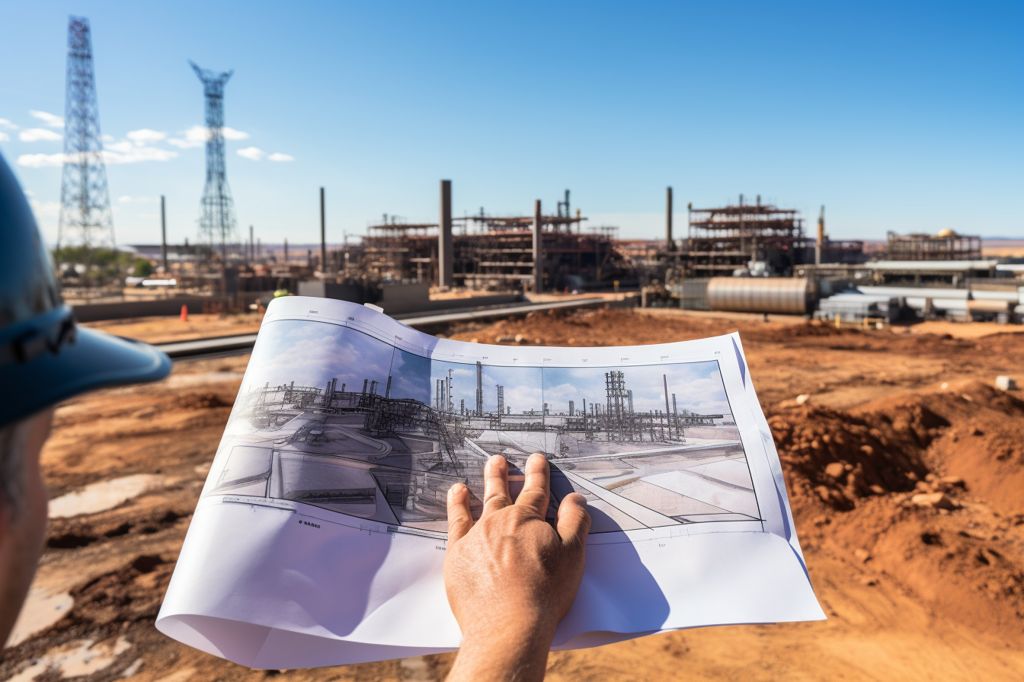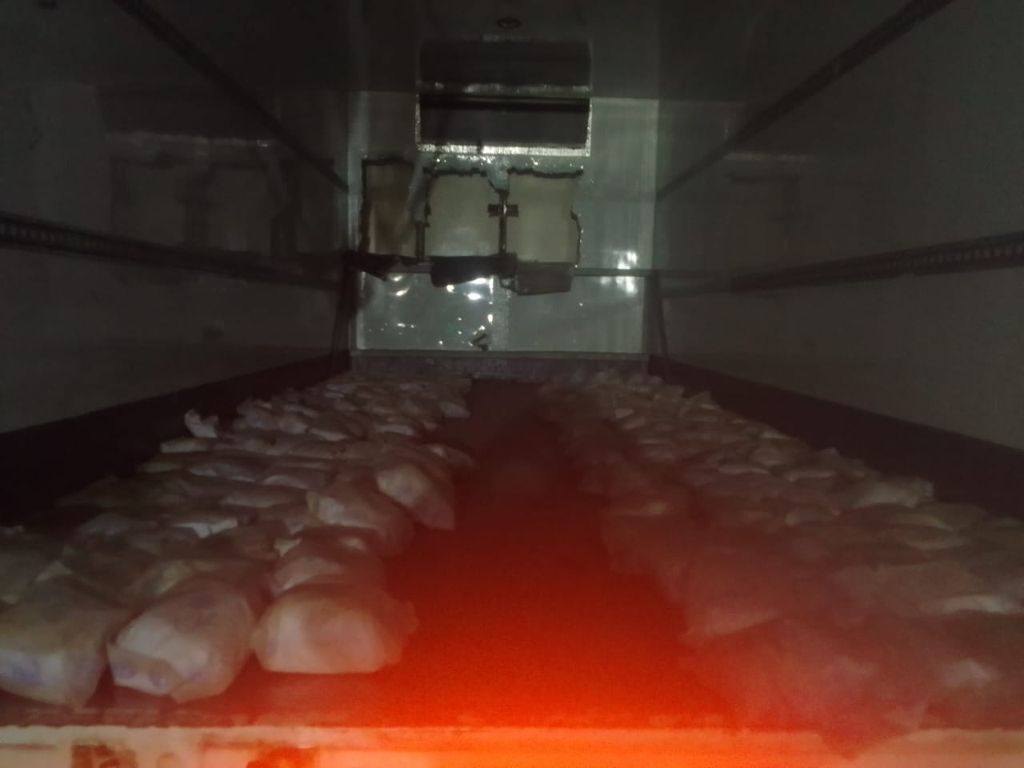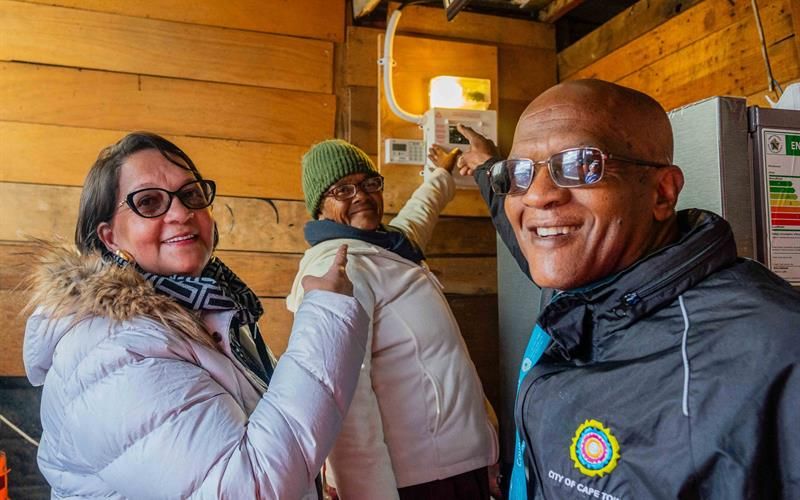Minister Sihle Zikalala, the head of South Africa’s Department of Public Works and Infrastructure, held a productive meeting with the Construction Industry Development Board (CIDB) to discuss critical issues facing the construction sector.
Restoring Infrastructure in Johannesburg
Minister Zikalala offered Built Environment Sector Professionals to assist the City of Johannesburg’s efforts to restore infrastructure and protect the public following the Bree Street explosion. This initiative will be led by Gauteng Premier and City of Johannesburg leadership.
Accelerating the CIDB Amendment Bill
An important outcome of the meeting was the commitment to accelerate the CIDB Amendment Bill, which aims to expand the CIDB’s scope, improve compliance and enforcement, and register additional industry participants. This move is expected to have a significant impact on the construction sector’s growth and development.
Establishing an Ombudsman Office
One key decision taken during the meeting was the establishment of an Ombudsman Office for the construction industry, which will serve as an independent body to resolve disputes and address issues such as emerging contractor abuse, transformation, and procurement practices.
Collaboration with the Department to Enhance Procurement Bill
The CIDB has also been directed to collaborate with the Department to enhance the construction industry’s development through the National Procurement Bill. This legislation should focus on unique procurement requirements related to infrastructure and reflect the CIDB’s experience and leadership in this area.
Supporting Women and Youth in the Construction Sector
Minister Zikalala expressed strong support for the B.U.I.L.D. Programme, which promotes the development of women and youth in the construction sector. He encouraged the CIDB to expand its interventions to include young people and focus on Grades 1 to 6 for maximum impact.
Evaluating Accreditation Process and Addressing Non-Performance
In response to concerns over the poor performance of contractors, Minister Zikalala urged the CIDB to re-evaluate its accreditation process. Those offering substandard work or engaging in corrupt practices should be removed from the CIDB Register of Contractors. The Minister also called for a change in the culture of non-performance prevalent in both public and private projects.
Addressing Collusion within the Construction Sector
To address collusion within the construction sector, the Minister asked the CIDB to produce an update on the sanctions imposed on companies involved in the 2010 stadium construction and the Gauteng Freeway Improvement Project. The report will also examine the extent of current collusion and its impact on the industry.
Vandalism in Infrastructure
The issue of vandalism in infrastructure, particularly related to the Scrap Metal Industry, was also raised. Minister Zikalala indicated that short-term interventions had been adopted but emphasized the need for more permanent solutions. A meeting with the Ministry of Economic Development is planned to discuss this further.
Improving Technical Capabilities of Municipalities
Minister Zikalala expressed concerns over poor capital expenditure performance by municipalities, highlighting that 226 out of 257 municipalities spent less than 40% of their budgets in the 2021/22 financial year. He stressed the importance of improving the public sector’s technical capabilities to execute infrastructure projects and spend budgets effectively.
Proactive Maintenance of Infrastructure
In addition, the meeting addressed the need for proactive maintenance of infrastructure to prevent disasters. A key resolution was integrating information across government departments to better manage state property.
Enhancing the Development of the Construction Industry
Finally, Minister Zikalala directed the CIDB to enhance the development of the construction industry by working collaboratively with all public entities reporting to the Department. Key areas of focus include skills development, procurement reform, alternative building materials, and technologies, as well as social facilitation to minimize site disruptions and involve communities in infrastructure projects.
Overall, Minister Zikalala’s strategic engagements with the CIDB demonstrate a strong commitment to addressing challenges faced by the construction industry in South Africa. These initiatives are expected to result in significant improvements in infrastructure development, maintenance, and management.








